
RENO, NV — After missing out on Black Friday shopping, local man Chris Rogers was forced to purchase a new television for the exact same price but without a "BLACK FRIDAY SALE" tag.
Read More
RENO, NV — After missing out on Black Friday shopping, local man Chris Rogers was forced to purchase a new television for the exact same price but without a "BLACK FRIDAY SALE" tag.
Read More
BEAUMONT, TX — Local man Michael Strong looked wistfully out the window, longing for the good old days when Black Friday shopping was all in person and people feared for their very lives.
Read More
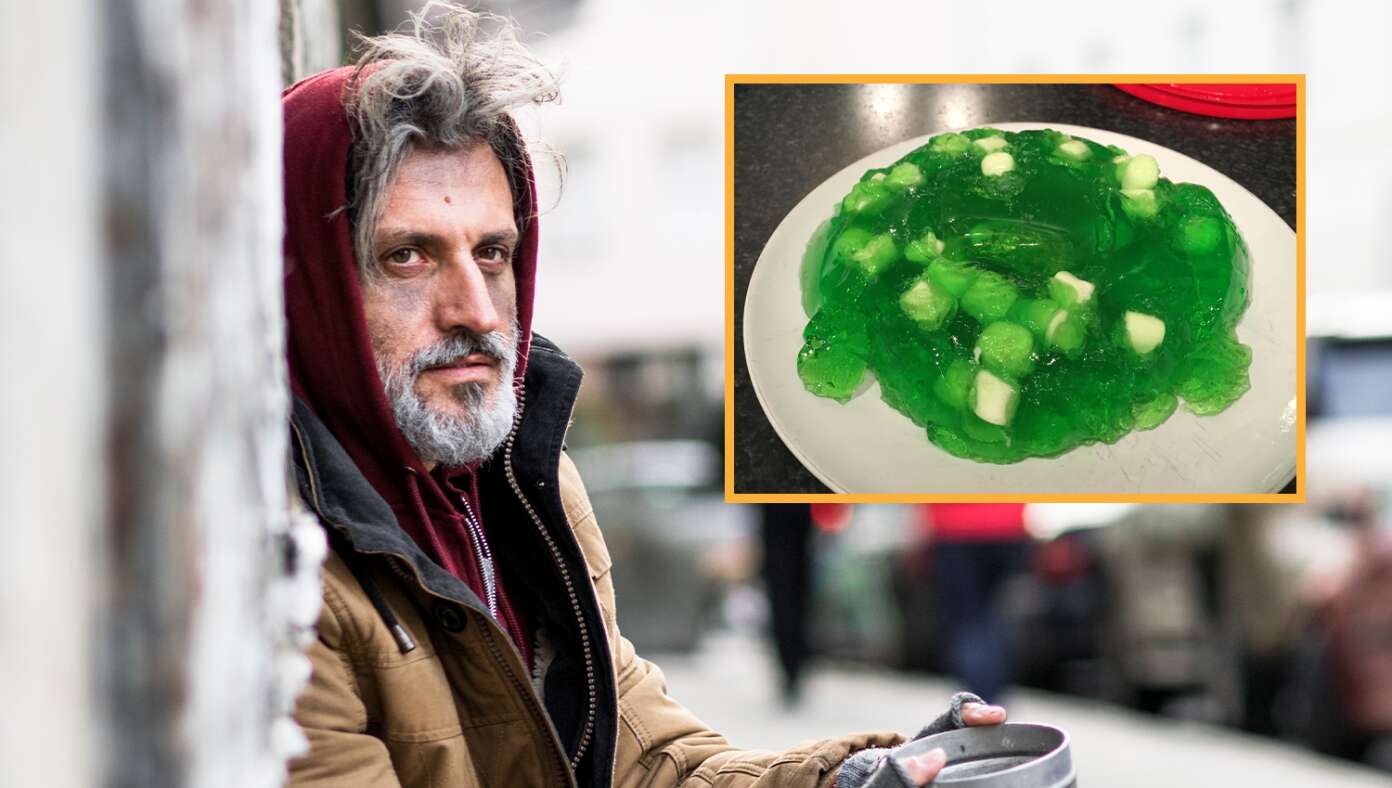
SAN FRANCISCO, CA — New reports indicated that local homeless man John Brill politely yet firmly refused a passerby’s offer of free leftover marshmallow jello salad earlier today, despite having not eaten in several days.
Read More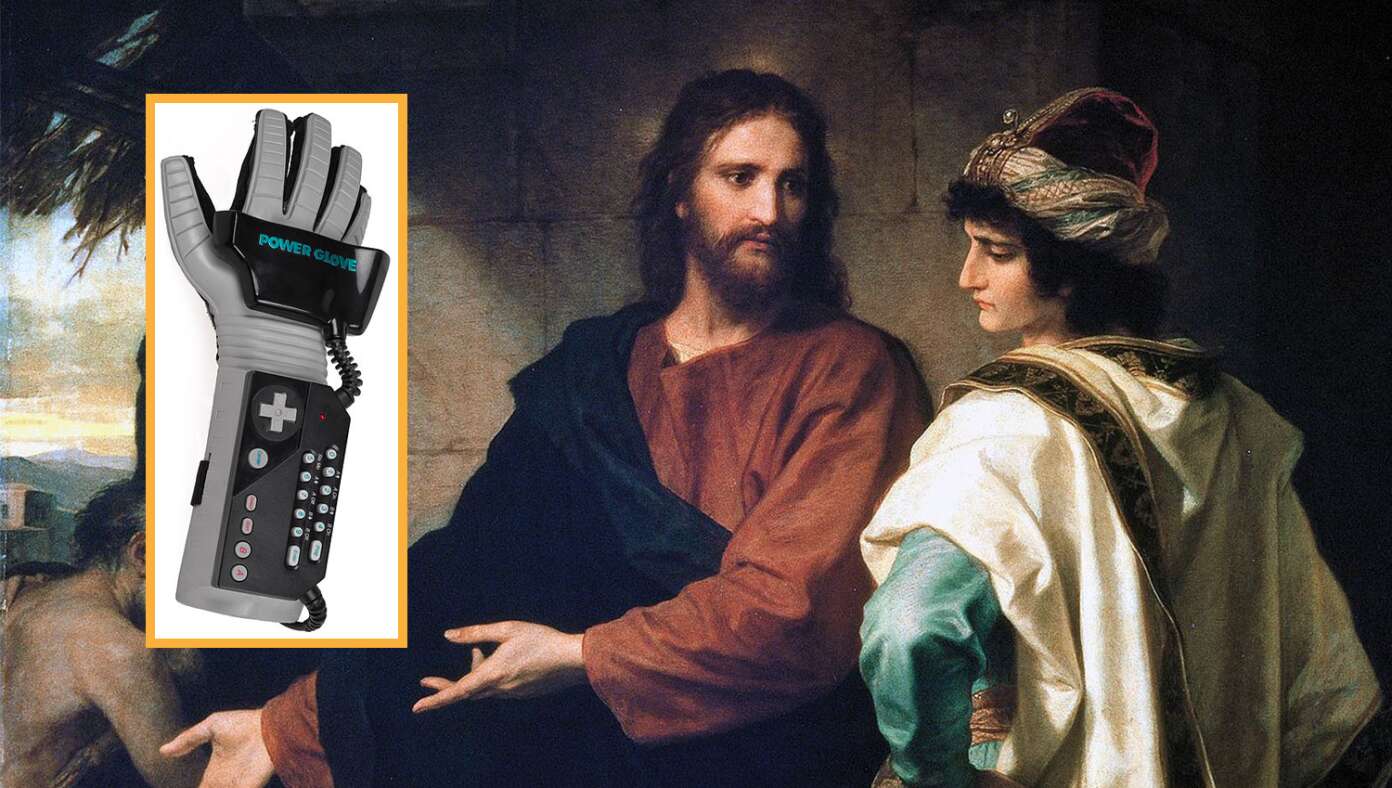
OXFORD — One of the most well-known stories from the biblical gospels took on a whole new meaning this week, as a team of scholars revealed that they now believe the young rich man went away sad when Jesus told him to sell all his possessions because he had the Nintendo Power Glove.
Read More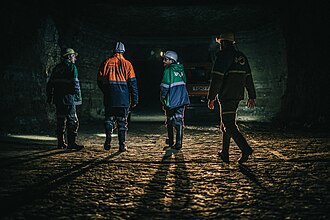


NASA’s Cassini spacecraft captured dramatic plumes, both large and small, spray water ice out from many locations along the famed ‘tiger stripes’ near the south pole of Saturn’s moon Enceladus.
Read More
U.S. — Authorities issued a public service announcement in time for the holiday season, reminding parents that if they leave their children home alone, they should ensure that they have access to plenty of paint cans, a blowtorch, and a cardboard cutout of Michael Jordan. In a pinch, a cardboard cutout of Shaquille O’Neal would also be acceptable.
Read More
Conservatism may be the superior political ideology, but don’t beat yourself up, liberals. There’s still plenty to be thankful for this year.
Read More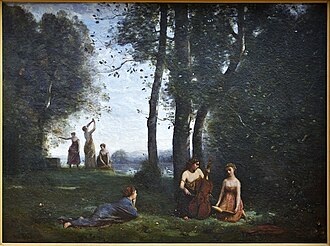
| Picture of the day |
|---|

|
|
Le concert champêtre (English: Woodland Music-makers), a 1857 oil-on-canvas by the French painter Jean-Baptiste-Camille Corot
|

BOISE, ID — Members of a local family are holding out hope that this might finally be the year they get to see their Thanksgiving turkey explode in an epic fireball, just like in all those local news segments warning of the dangers of turkeys exploding in epic fireballs.
Read More
MOULTONBOROUGH, NH — To make the most of the Thanksgiving holiday, the Richardson family reportedly instituted helpful debate rules allowing for 2-minute speeches followed by a 1-minute rebuttal.
Read More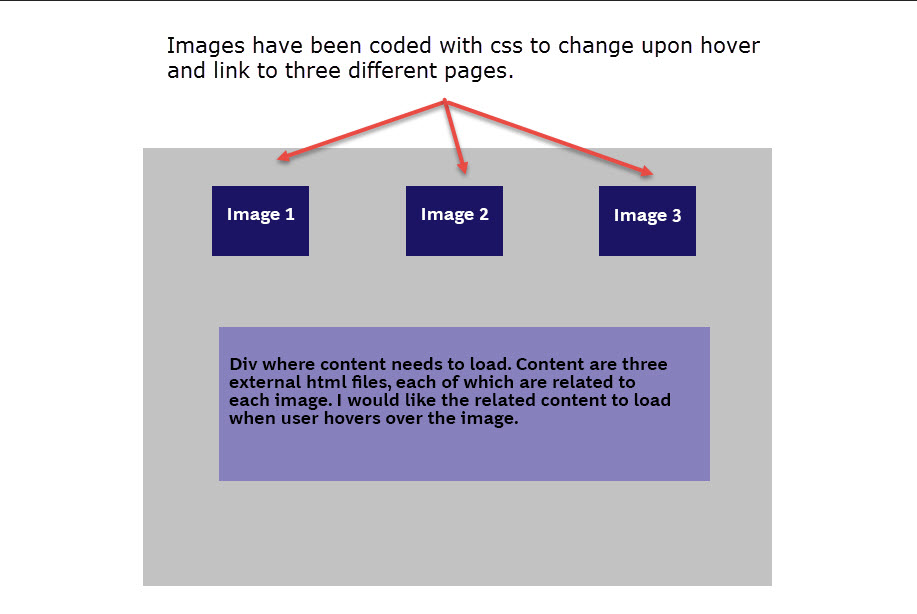
| Picture of the day |
|---|

|
|
Structures with different colored sand on the beach of Morro Jable, Fuerteventura, Spain
|


NASA’s Artemis II Orion spacecraft with its launch abort system is stacked atop the agency’s SLS (Space Launch System) rocket in High Bay 3 of the Vehicle Assembly Building at NASA’s Kennedy Space Center in Florida on Monday, Oct. 20, 2025. The spacecraft will carry NASA astronauts Reid Wiseman, Victor Glover, Christina Koch, and CSA (Canadian Space Agency) astronaut Jeremy Hansen on a 10-day mission around the Moon and back in early 2026.
Read More
WASHINGTON, D.C. — In a thoughtful Thanksgiving address, President Trump reminded the American people to give him thanks this holiday season.
Read More
BLOOMINGTON, MN — With Thanksgiving nearly here, local man Chad Erickson was reportedly eager to get back to his true passion as a mall Santa Claus and has already begun preparing for the gig by cutting off his ankle monitor.
Read More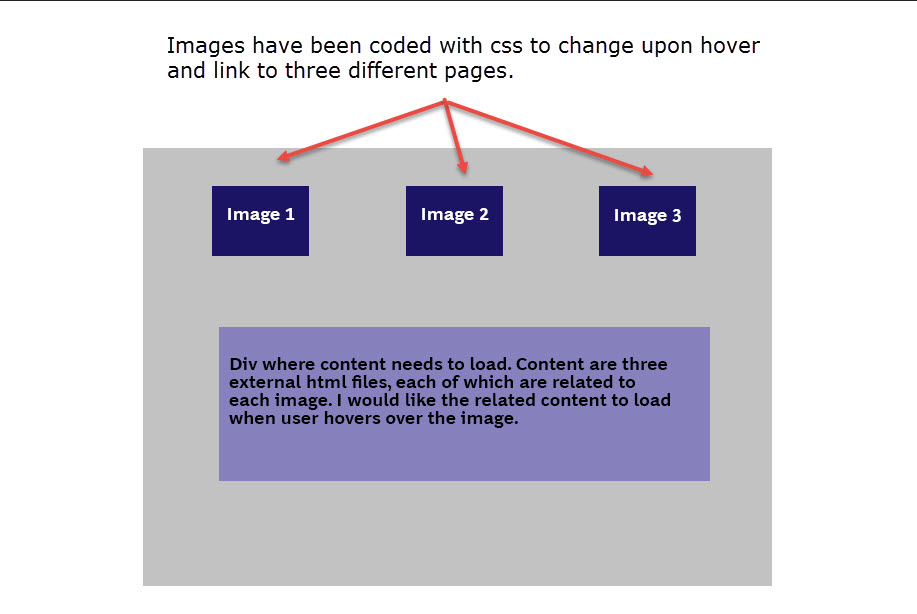


Using its Near-InfraRed Camera (NIRCam), NASA’s James Webb Space Telescope has revealed never-before-seen details in the picturesque Red Spider Nebula with a rich backdrop of thousands of stars.
Read More
CASTRO MARIM, PORTUGAL — According to sources, American tourist Debrah Thompson’s mood soured Monday after seeing her husband gaze in wonderment at the Guadiana International Bridge, knowing in her heart that he would never look at her like she was a cool suspension bridge.
Read More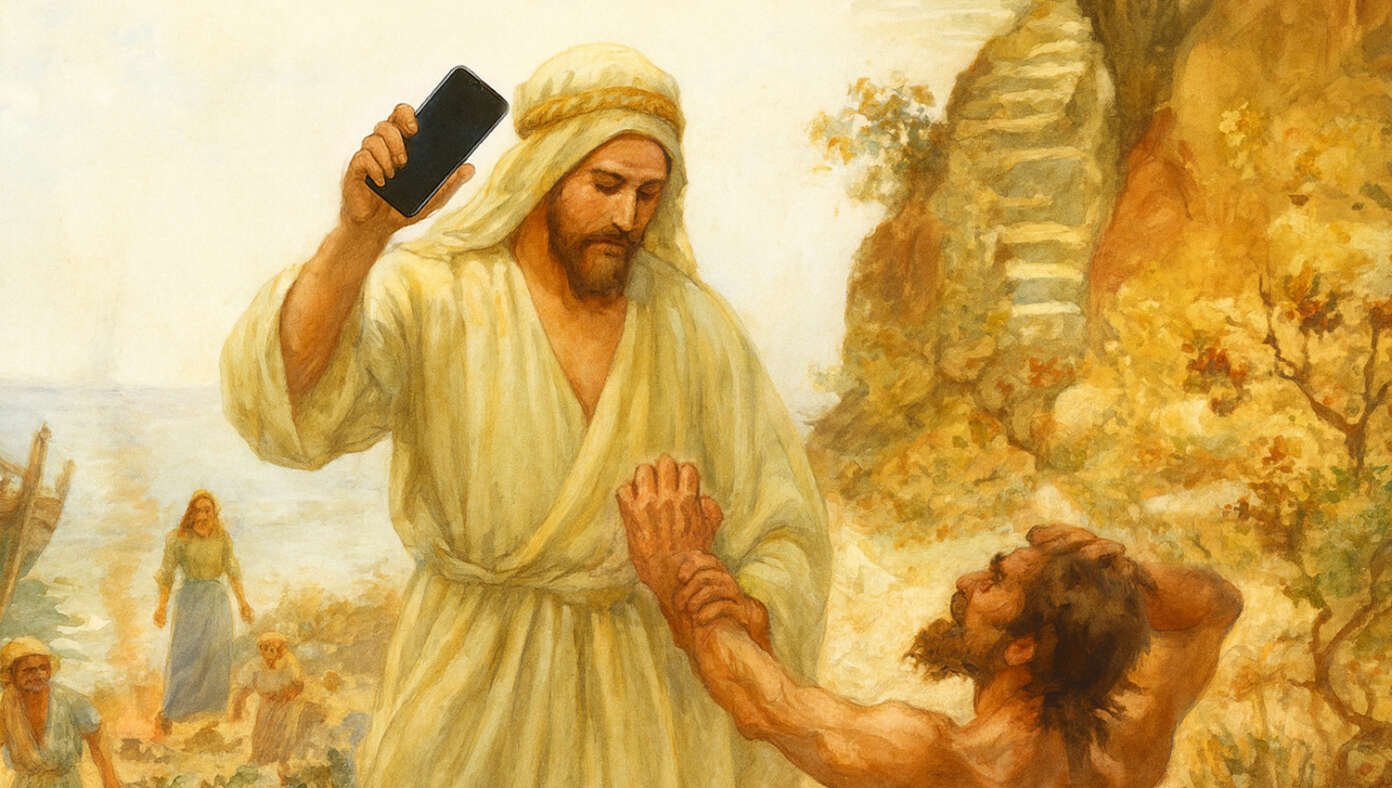
CAPERNAUM — Residents of several nearby villages were abuzz with excitement this week, as the traveling carpenter-turned-teacher Jesus of Nazareth healed a demon-possessed man by taking away his smartphone.
Read More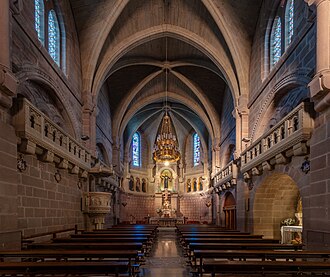


The atmospheric glow blankets southern Europe and the northwestern Mediterranean coast, outlined by city lights. At left, the Po Valley urban corridor in Italy shines with the metropolitan areas of Milan and Turin and their surrounding suburbs.
Read More
AMARILLO, TX — Local pastor Robbie Ashlock has installed a "Heresy Gong" in the sanctuary for whenever the associate pastor is up to preach.
Read More

LANSING, MI — Local mom Janet Fields has continued her decades-long tradition of making cranberry sauce for no one to eat.
Read More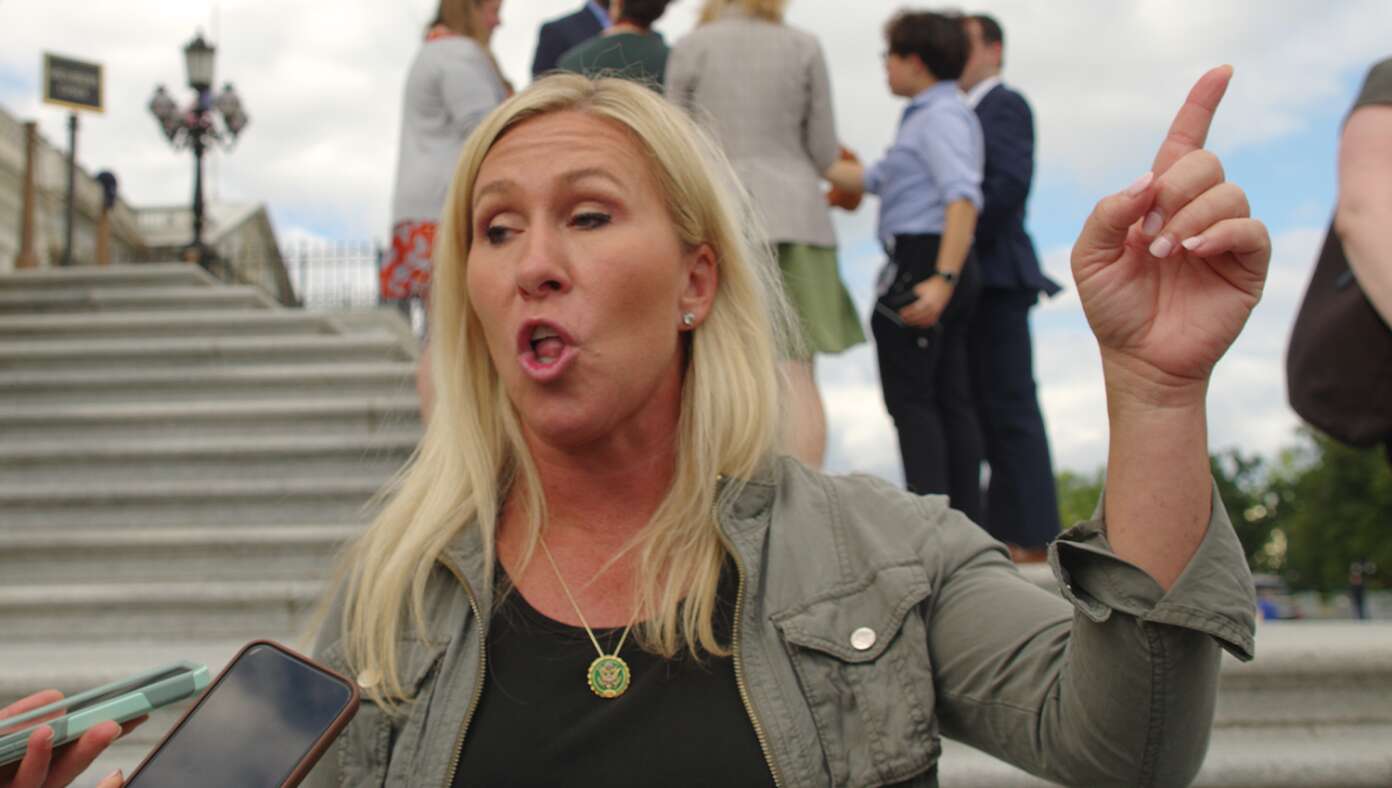
WASHINGTON, D.C. — With Representative Marjorie Taylor Greene announcing her resignation in January, the average IQ in Congress is expected to rise about 7,000 points.
Read More


NASA’s X-59 quiet supersonic research aircraft lifts off for its first flight Tuesday, Oct. 28, 2025, from U.S. Air Force Plant 42 in Palmdale, California. The aircraft’s first flight marks the start of flight testing for NASA’s Quesst mission, the result of years of design, integration, and ground testing and begins a new chapter in NASA’s aeronautics research legacy.
Read More
SEATTLE, WA — In an effort to attract more male customers, Starbucks announced the release of its new Zyn Spice Frappuccino.
Read More
WASHINGTON, D.C. — The Trump administration announced plans this week for the president to host a thrilling game show for members of Congress in which the audience must help determine who he executes next.
Read More
| Picture of the day |
|---|

|
|
A macro shot of a red-and-green macaw’s (Ara chloropterus) eye, Serra da Capivara National Park, Piauí state, Brazil.
|


This NASA/ESA Hubble Space Telescope image features a galaxy, NGC 2775, that’s hard to categorize.
Read More
There’s no more noble aspiration than that of one day becoming a professional journalist, but many may feel intimidated or unequipped to pursue such an impressive career.
Read More
U.S. — The results of a national survey revealed that nearly 90% of moviegoers were curious about what happened to the guy who made Aliens and Terminator 2, and then apparently just completely stopped making movies for some reason.
Read More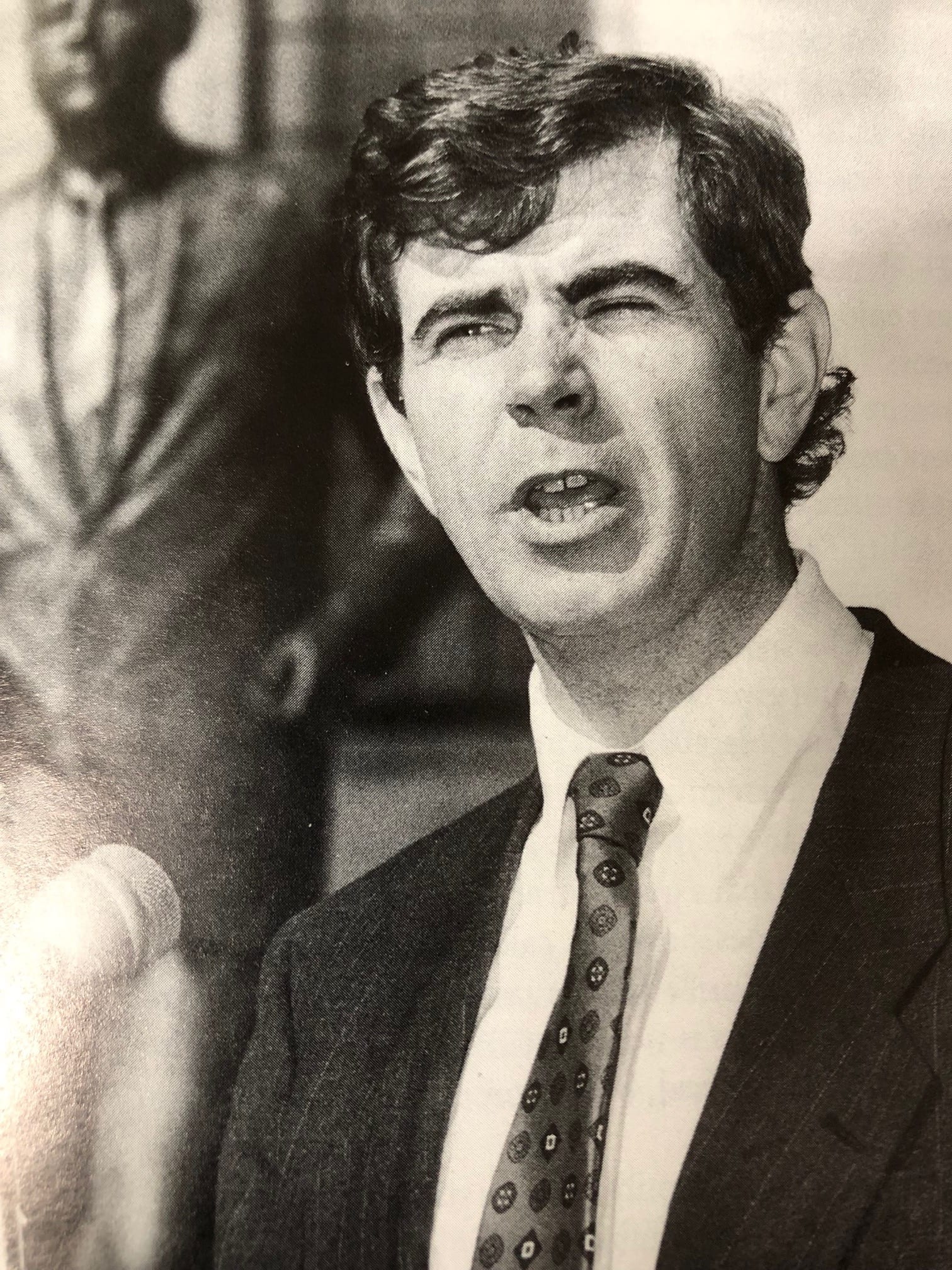


NGC 1068, a relatively nearby spiral galaxy, appears in this image released on July 23, 2025.
Read More
WASHINGTON, D.C. — President Trump had been looking forward to releasing all of the Epstein files in accordance with Congress’s "Epstein Files Transparency Act", but reported that a dog actually ate the files, the dog was then lost in a boating accident, and then the boat was struck with a nuclear warhead.
Read More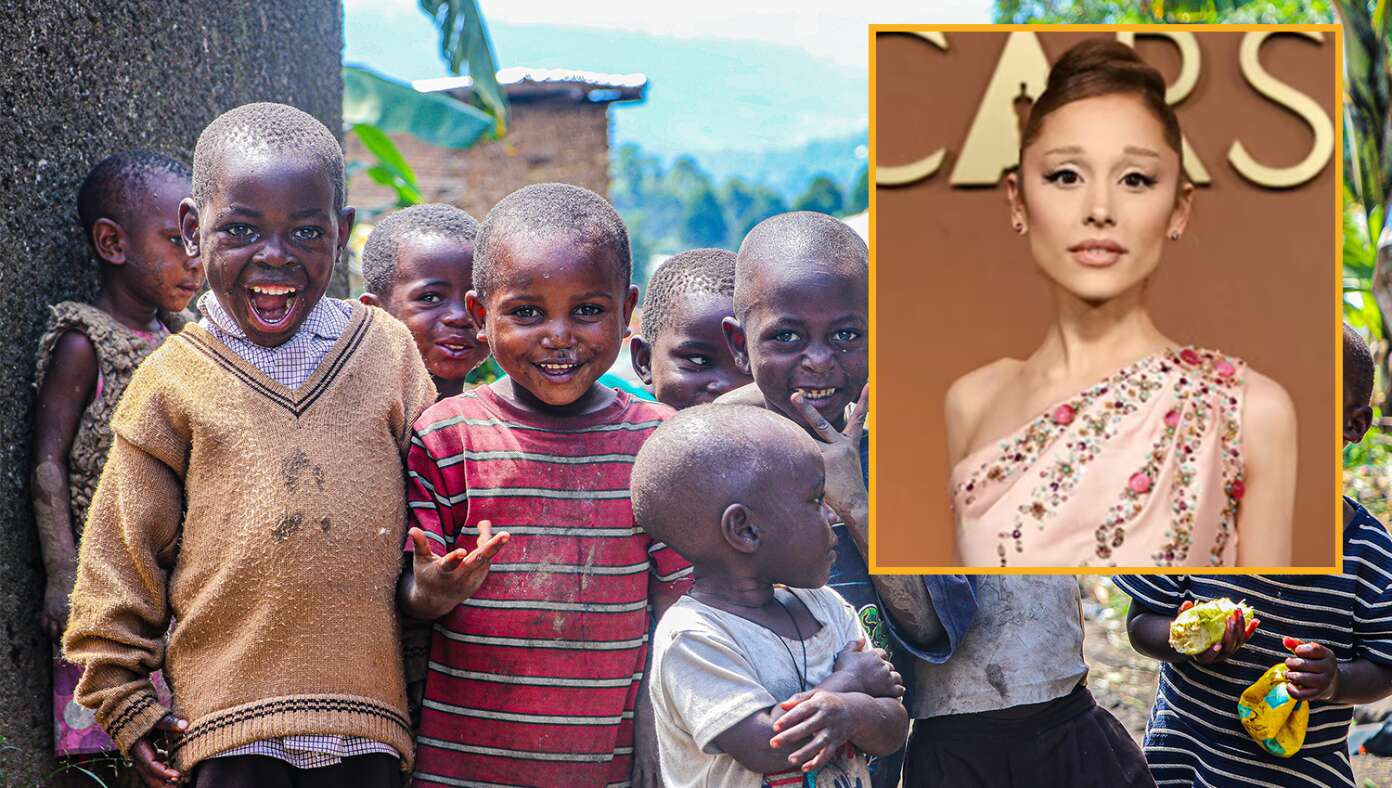
MEKELLE, ETHIOPIA — Starving African children bravely banded together this week to raise money to feed singer and actress Ariana Grande.
Read More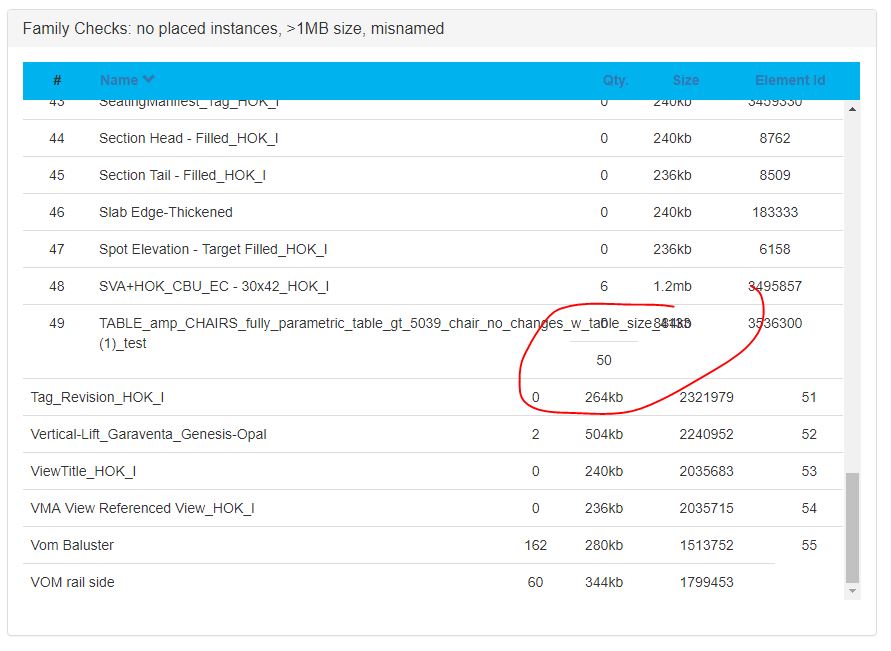
| Picture of the day |
|---|

|
|
U.S. Marines raising the American flag on Mount Suribachi during the Battle of Iwo Jima. Today is the United States Marine Corps birthday on which it turns 250 years old.
|


NASA ER-2 pilot Kirt Stallings waits inside the transport vehicle at Edwards, California, on Thursday, Aug. 21, 2025, moments before boarding NASA’s Armstrong Flight Research Center’s ER-2 aircraft for a high-altitude mission supporting the Geological Earth Mapping Experiment (GEMx). Through the vehicle window, the aircraft can be seen being readied for flight.
Read More
MORRISTOWN, NJ — Drug manufacturer Bayer announced this week that they are releasing their popular Flintstones vitamins with added Ozempic to help slim down fat kids.
Read More
JERUSALEM — In a development which many see as an irrefutable sign of the impeding end times, biblical scholars and historians have reached a consensus that the Number of the Beast is actually 67.
Read More
| Picture of the day |
|---|

|
|
Two chestnut-tailed starlings (Sturnia malabarica) kissing while perched on a branch in Satchari National Park, Bangladesh
|
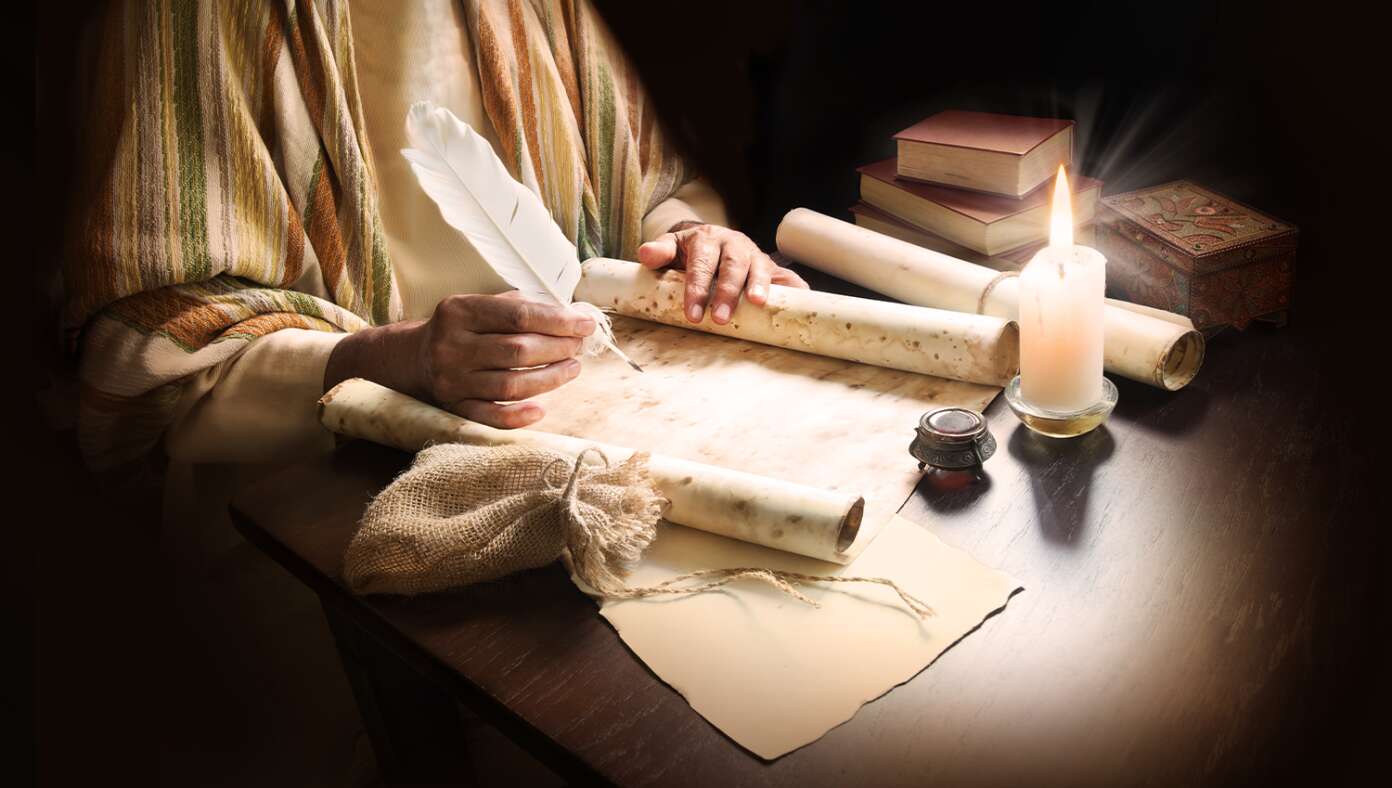
OXFORD — After much deliberation, an international team of Bible scholars has recently determined that an alleged third letter of Paul to the Corinthians was rejected for being obviously AI-generated.
Read More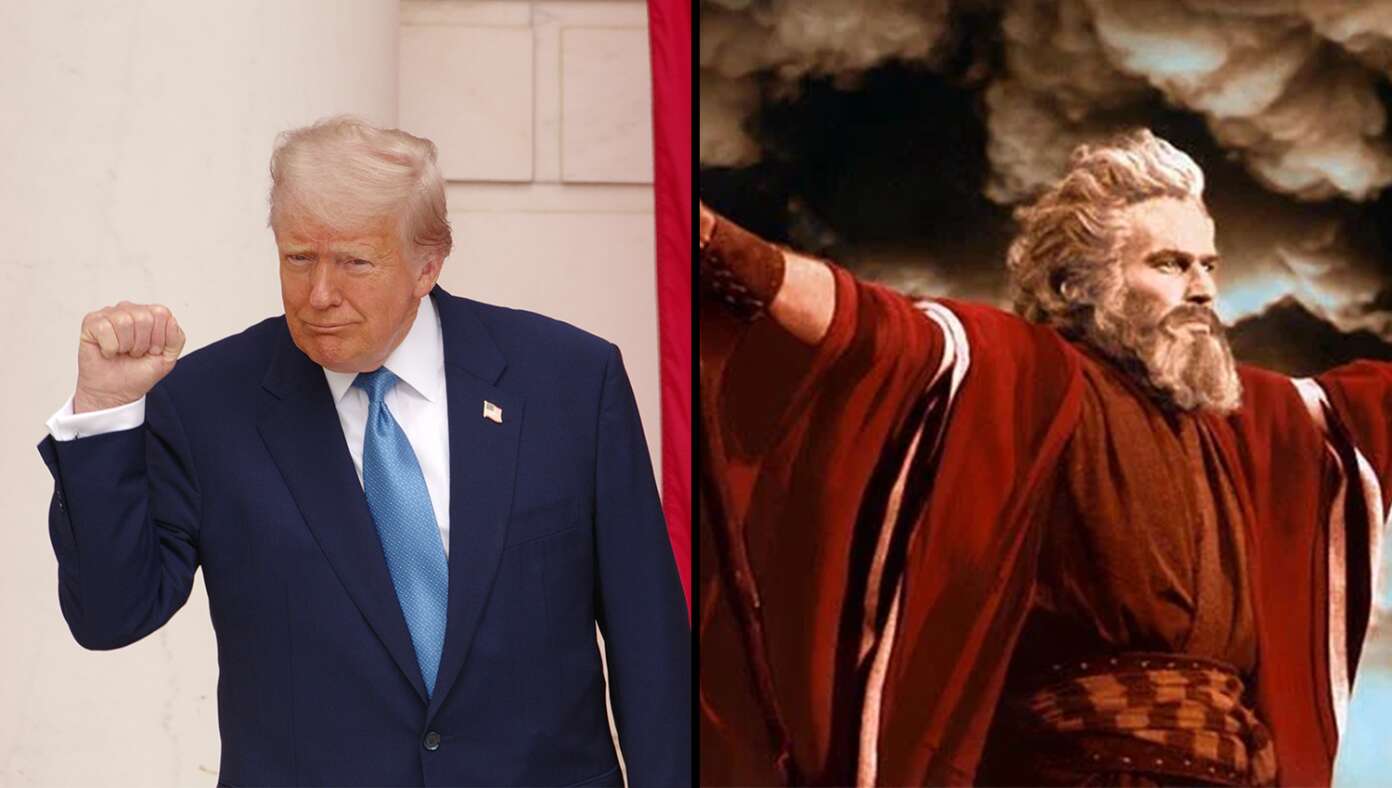
You may think President Trump has little in common with Moses from the Old Testament, but you’d be wrong. The two are practically carbon copies of each other. Here are just eight of the ways that Trump is exactly like Moses:
Read More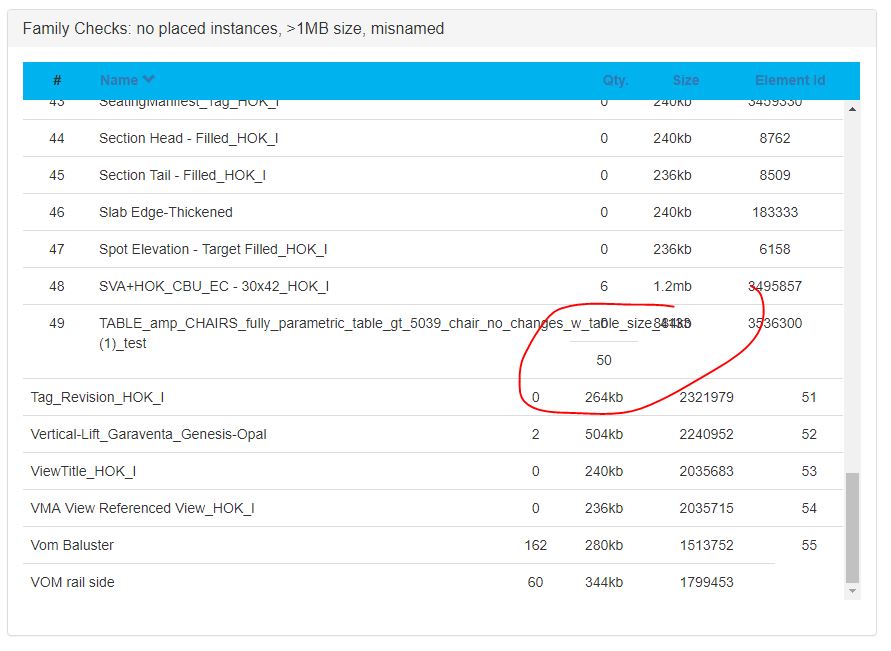
| Picture of the day |
|---|

|
|
Two tender mushrooms (Mycena galericulata) on dead wood lying under the trees. Focus stack of 20 photos.
|
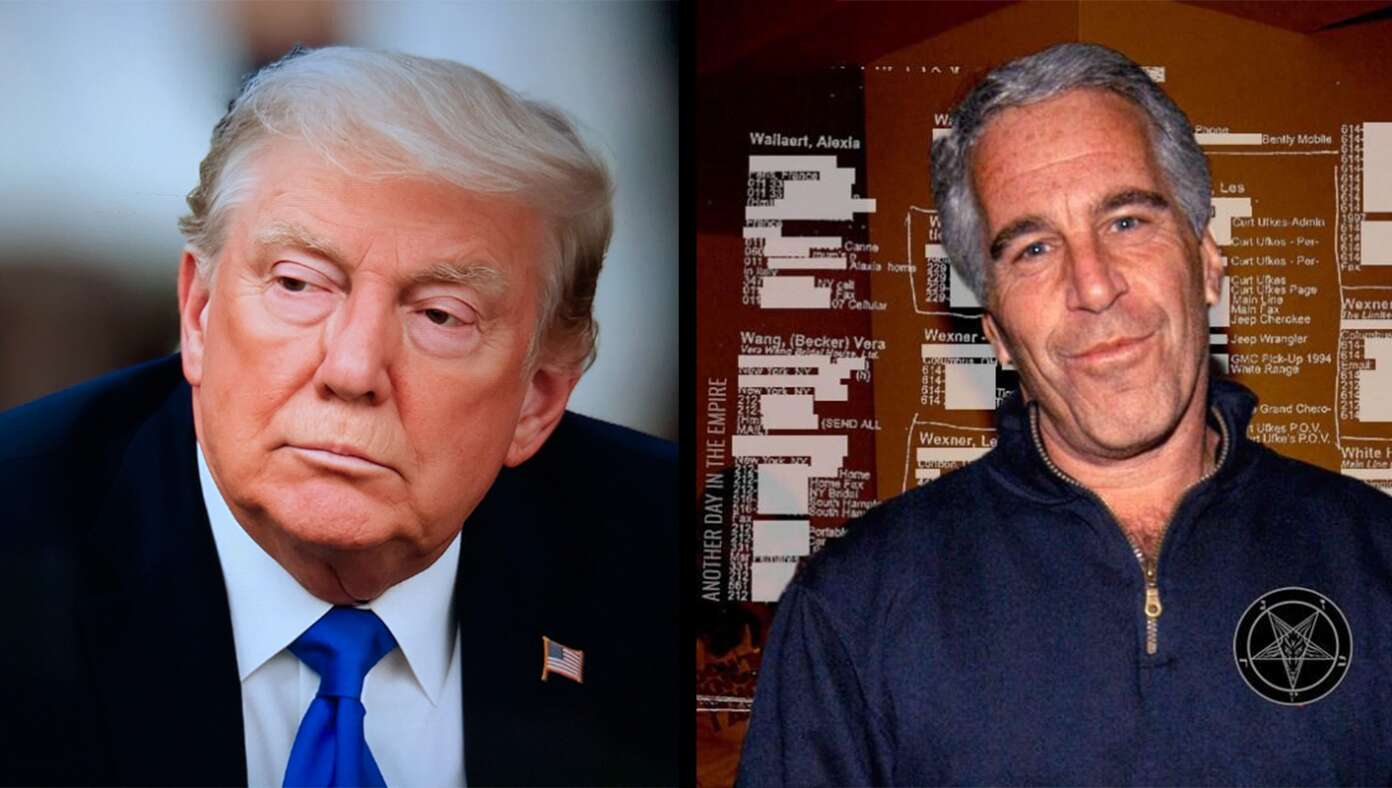
U.S. – In a huge blow to President Trump, newly released emails indicate that he was not well-liked by a pedophile.
Read More


This image shows two massive galaxy clusters. The vast number of galaxies and foreground stars in the image were captured by NASA’s James Webb Space Telescope in near-infrared light. Glowing, hot X-rays captured by NASA’s Chandra X-ray Observatory appear in pink. The blue represents the dark matter, which was precisely mapped by researchers with Webb’s detailed imaging.
Read More
AUBURN HILLS, MI — Truck manufacturer Dodge unveiled new headlights today that would come standard with new models and were designed specifically to blast gamma ray bursts into your eyeballs.
Read More